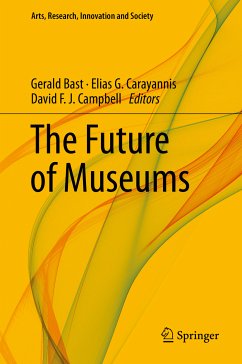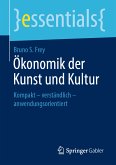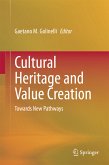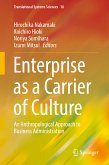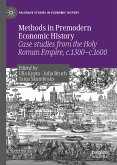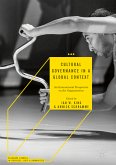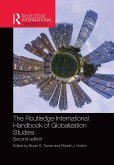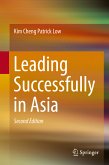When you go back to the etymological origin, the Mouseion of Alexandria, it was a place where - supported by the knowledge stored there - art and science were developed: a place of interdisciplinary research and networking, as you would call it today. The word from the Ancient Hellenic language for museum (¿¿¿S¿¿¿¿) means the "house of the muses": where the arts and sciences find their berth and cradle. With the "Wunderkammer," the museum was re-invented as a place for amazing for purpose of representation of dynastic power, followed by the establishment of museums as a demonstration of bourgeois self-consciousness. In the twentieth century, the ideal of the museum as an institution for education received a strong boost, before the museum as a tourism infrastructure became more and more the institutional, economic and political role-model. This book is interested in discovering what is next for museums and how these developments will affect art and society. Each of the chapters are written by academics in the field, but also by curators and directors of major museums and art institutions.
Dieser Download kann aus rechtlichen Gründen nur mit Rechnungsadresse in A, B, BG, CY, CZ, D, DK, EW, E, FIN, F, GR, HR, H, IRL, I, LT, L, LR, M, NL, PL, P, R, S, SLO, SK ausgeliefert werden.
Hinweis: Dieser Artikel kann nur an eine deutsche Lieferadresse ausgeliefert werden.

